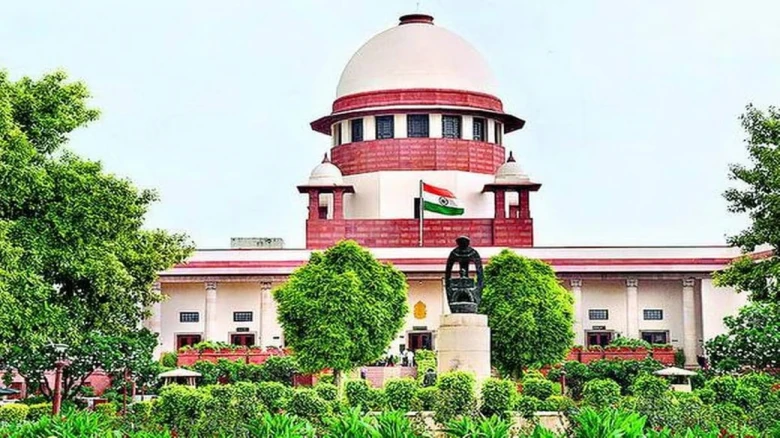Regional

Section 6A of the Citizenship Act, 1955, is a special provision inserted in the Act as part of the 'Assam Accord,' a Memorandum of Settlement signed on August 15, 1985, between the then Rajiv Gandhi government and leaders of the Assam Movement. The accord was reached at the end of a six-year-long agitation by the All Assam Students Union (AASU) aimed at identifying and deporting illegal immigrants, primarily from neighboring Bangladesh, in order to preserve and protect Assamese culture, heritage, linguistic identity, and social identity.
Under Section 6A, foreigners who entered Assam before January 1, 1966, and were "ordinarily resident" in the state would have all the rights and obligations of Indian citizens. Those who entered the state between January 1, 1966, and March 25, 1971, would have the same rights and obligations, with the exception that they would not be able to vote for ten years.
Challenges to the "discriminatory" nature of Section 6A were filed by various petitioners, including Assam Public Works and others. They argued that the special provision was in violation of Article 6 of the Constitution, which set the cut-off date for granting citizenship to immigrants at July 19, 1948.
One of the petitioners, Assam Sanmilita Mahasangha, a Guwahati-based civil society organization, sought the updating of the National Register of Citizens (NRC) for Assam based on the 1951 NRC and not on the electoral rolls of March 1971.
In December 2014, the Supreme Court framed 13 questions covering various issues raised against the constitutionality of Section 6A. These questions include whether the provision diluted the "political rights of the citizens of the State of Assam," whether it violated the rights of the Assamese people to conserve their cultural heritage, and whether an influx of illegal migrants in India constituted "external aggression" and "internal disturbance."
In 2015, a three-judge bench of the court referred the case to a Constitution Bench for further consideration.
The case surrounding Section 6A has been pending for several years, even as the Supreme Court-monitored the preparation and publication of the final Assam NRC list in August 2019, which saw the exclusion of over 19 lakh people. The Assam NRC authority has now approached the court seeking a re-verification of the list. Over the past years, India also saw the enactment of the controversial Citizenship (Amendment) Act, which allowed accelerated citizenship to immigrants belonging to minority communities in Afghanistan, Bangladesh, and Pakistan.
The adjournment of the hearing has generated significant interest and debate across the nation, as the outcome will have far-reaching implications for the Assamese people and the treatment of immigrants in India. The delay provides both sides with more time to prepare their arguments, ensuring that a well-considered decision is reached on the constitutionality of Section 6A.
Leave A Comment